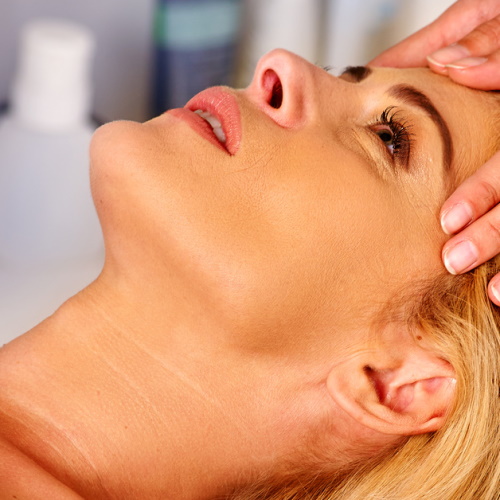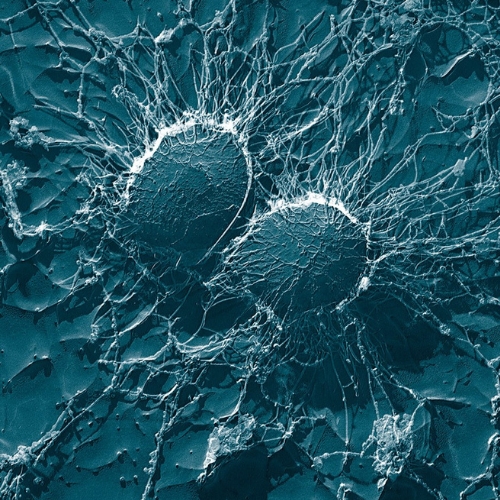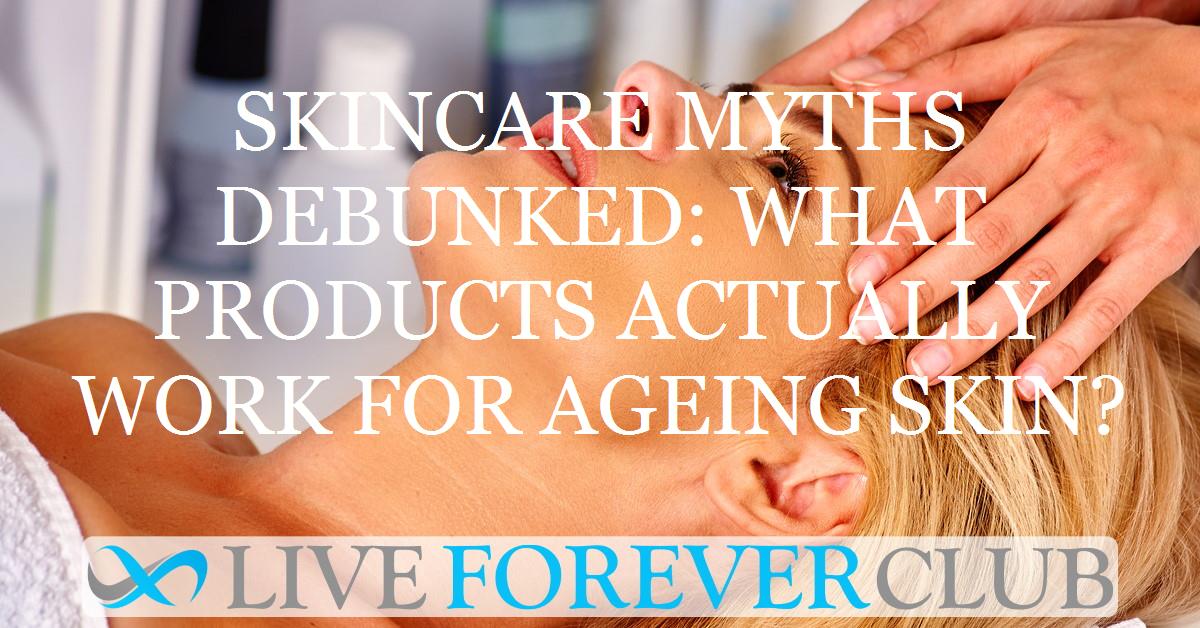Our skin, often thought of as a simple barrier, is surprisingly complex. It harbors a diverse community of microorganisms, known as the skin microbiome, that plays a critical role in maintaining our health. This intricate community interacts with our skin's physical and immune systems in essential ways.
One fundamental function of the skin microbiome is protection against harmful microbes. Beneficial bacteria on the skin can directly compete with potential pathogens, hindering their colonization and growth.
Beyond protection, the skin microbiome helps regulate our immune response. It interacts with and trains our immune system, ensuring a balanced response between its different arms. This balance is vital for tissue repair and maintaining skin health.
Changes in the microbiome composition can affect the skin's health as we age. Long-term antibiotic use can decrease microbial diversity, potentially leading to drier, compromised skin. Even environmental factors like UV radiation can influence the microbiome, but certain microbial molecules might offer protection against this damage. This highlights the complex interaction between the skin microbiome and its environment.
In this article, let's explore the changes ageing brings to skin and discover solutions to maintain its health and vibrancy.
How Ageing Affects the Skin Barrier
Ageing takes a toll on the skin barrier, our crucial first line of defense against environmental threats. This decline weakens its ability to retain moisture and shield us from harmful agents.
Here's how ageing alters the skin barrier:
Decreased Lipid Production: Essential lipids like ceramides, cholesterol, and fatty acids naturally decline with age. This reduction weakens the barrier, leading to:
- Diminished moisture retention: Skin dries out more easily, becoming increasingly susceptible to damage and infection.
- Increased dryness: The skin's surface becomes rougher and more prone to flakiness.
Weakened Stratum Corneum: The outermost layer of skin, responsible for hydration, experiences changes in its lipid composition and organization due to age. This dehydration manifests as:
- Reduced skin recovery: Skin takes longer to heal from damage like UV exposure.
- Increased sensitivity: The skin becomes more susceptible to irritants and allergens.
Slower Regeneration: Epidermal turnover (skin cell renewal) slows down with age, and barrier repair mechanisms weaken. This means:
- Exacerbated environmental damage: The slowed regeneration leaves the skin less equipped to cope with external stressors.
- Accelerated ageing: Cumulative damage amplifies visible signs of ageing.
The Gut-Skin Axis: An Intricate Connection
The body is a complex interconnected system, and the gut-skin axis represents a fascinating example of this. This connection unveils the crucial role the gut microbiome plays in maintaining skin health and influencing its ageing process.
The human gut houses a diverse and essential community of microbes – the gut microbiome. These tiny residents do much more than just aid digestion. They influence the immune system, protect against harmful pathogens, and contribute significantly to overall health, including skin health. When the gut microbiome composition changes, it can impact the entire body, including the skin, potentially contributing to conditions like acne, eczema, and psoriasis.
The gut-skin axis plays a fascinating role in "inflammaging," a chronic, low-grade inflammation associated with ageing. This process is believed to be driven, in part, by the gut microbiome. As we age, changes in the gut microbiota can lead to increased intestinal permeability ("leaky gut"), allowing bacterial components to enter the bloodstream and trigger inflammatory responses. This systemic inflammation can accelerate ageing throughout the body, affecting not just the gut, but also the skin. This results in a weakened skin barrier, increased dryness, and reduced elasticity.
Ageing brings shifts in both the gut and skin's microbial communities. These changes can lead to an imbalance, called dysbiosis, potentially compromising the skin barrier function. The skin barrier is crucial for protecting us from environmental stressors and maintaining moisture. When compromised, it leads to increased skin sensitivity, dryness, and susceptibility to irritation and infection. The intricate interactions between gut microbes and the skin barrier suggest that maintaining a healthy and balanced gut microbiome could support skin health and mitigate some of the effects of ageing.
Innovative Strategies for Healthy Ageing Skin
Maintaining youthful, resilient skin requires more than just battling the inevitable ageing process. It demands fostering a healthy skin barrier and addressing potential microbiome imbalances.
Moisturizers and Emollients with a Plus:
Acidic Moisturizers: Restore the skin's optimal pH (3.5-4.0) as it naturally shifts with age, improving barrier function.
Emollients Plus: Feature active ingredients like flavonoids and riboflavins to address barrier disruptions and microbial imbalances commonly seen in older skin.
Antioxidants and UV Protection:
Topical Antioxidants: Combat oxidative stress from factors like UV radiation, strengthening the skin barrier against ageing. Examples include vitamin E, C, ferulic acid, resveratrol, and niacinamide.
Sunscreens with Ceramides and Antioxidants: Offer direct UV protection, support barrier restoration, and emphasize the importance of comprehensive sun protection.
Probiotics, Prebiotics, and Their Derivatives:
Probiotics: Enhance skin hydration, reduce wrinkles, and provide photoprotection. Specific strains have shown significant improvements in skin elasticity, hydration, and wrinkle reduction.
Prebiotics: Nourish beneficial gut bacteria indirectly benefiting skin health.
Synbiotics: Combine probiotics and prebiotics for a synergistic effect.
Postbiotics: Topical creams containing microbial lysates improve skin hydration, elasticity, and dermal density.
Credits
This article is based on the comprehensive review published in Frontiers in Physiology. The research was conducted at the Department of Dermatology, Incheon St. Mary’s Hospital, College of Medicine, The Catholic University of Korea, Seoul, Republic of Korea.






